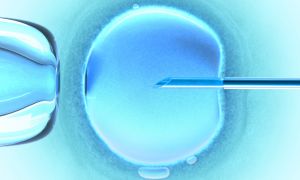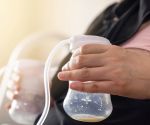After you deliver concentrate on nourishing the baby. Breast feeding, besides being ideal nourishment for the baby, helps you lose weight faster because you burn so many calories. Add more fresh produce to your diet, eat plenty of lean protein, and add healthy fats like avocado and raw nuts. You will need carbohydrates for fuel so try to make them whole grain breads and snacks. Add sweet potatoes and whole wheat pastas. Watch portion size.
Both pregnancy and labor can affect a woman's body. After giving birth you will lose about 10 pounds right away and a little more as body fluid levels decrease. Don't expect or try to lose additional pregnancy weight right away. Gradual weight loss over several months is the safest way, especially if you are breastfeeding. A healthy eating plan along with regular physical fitness might be all you need to return to a healthy weight. But talk to your doctor before you start any type of diet or exercise plan.
If you want to diet and are breastfeeding, it is best to wait until your baby is at least two months old. During those first two months, your body needs to recover from childbirth and establish a good milk supply. Then when you start to lose weight, try not to lose too much too quickly. This can be harmful to the baby because environmental toxins that are stored in your body fat can be released into your breast milk. Losing about one pound per week (no more than four pounds per month) has been found to be a safe amount and will not affect your milk supply or the baby's growth.
You can safely lose weight by consuming at least 1800 calories per day with well-balanced, healthy food choices that include foods rich in calcium, zinc, magnesium, vitamin B6, and folate. Eating less than 1500 calories per day is not recommended at any point during breastfeeding. This can put you at risk for a nutritional deficiency, lower your energy level, and lower your resistance to illness.
This answer is based on source information from The U.S Department of Human Services Office on Womens Health.
Continue Learning about Pregnancy, Fertility and Childbirth
Important: This content reflects information from various individuals and organizations and may offer alternative or opposing points of view. It should not be used for medical advice, diagnosis or treatment. As always, you should consult with your healthcare provider about your specific health needs.














